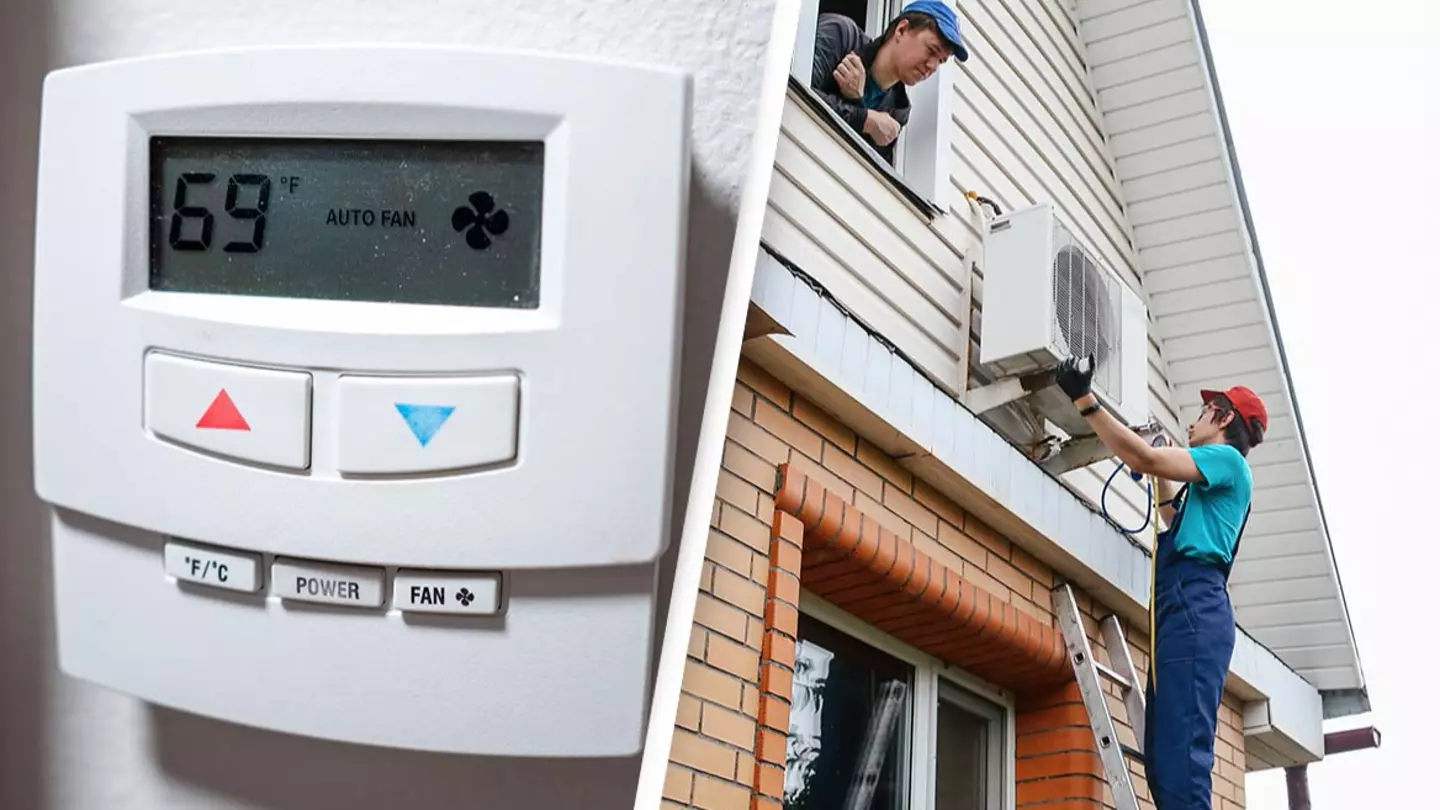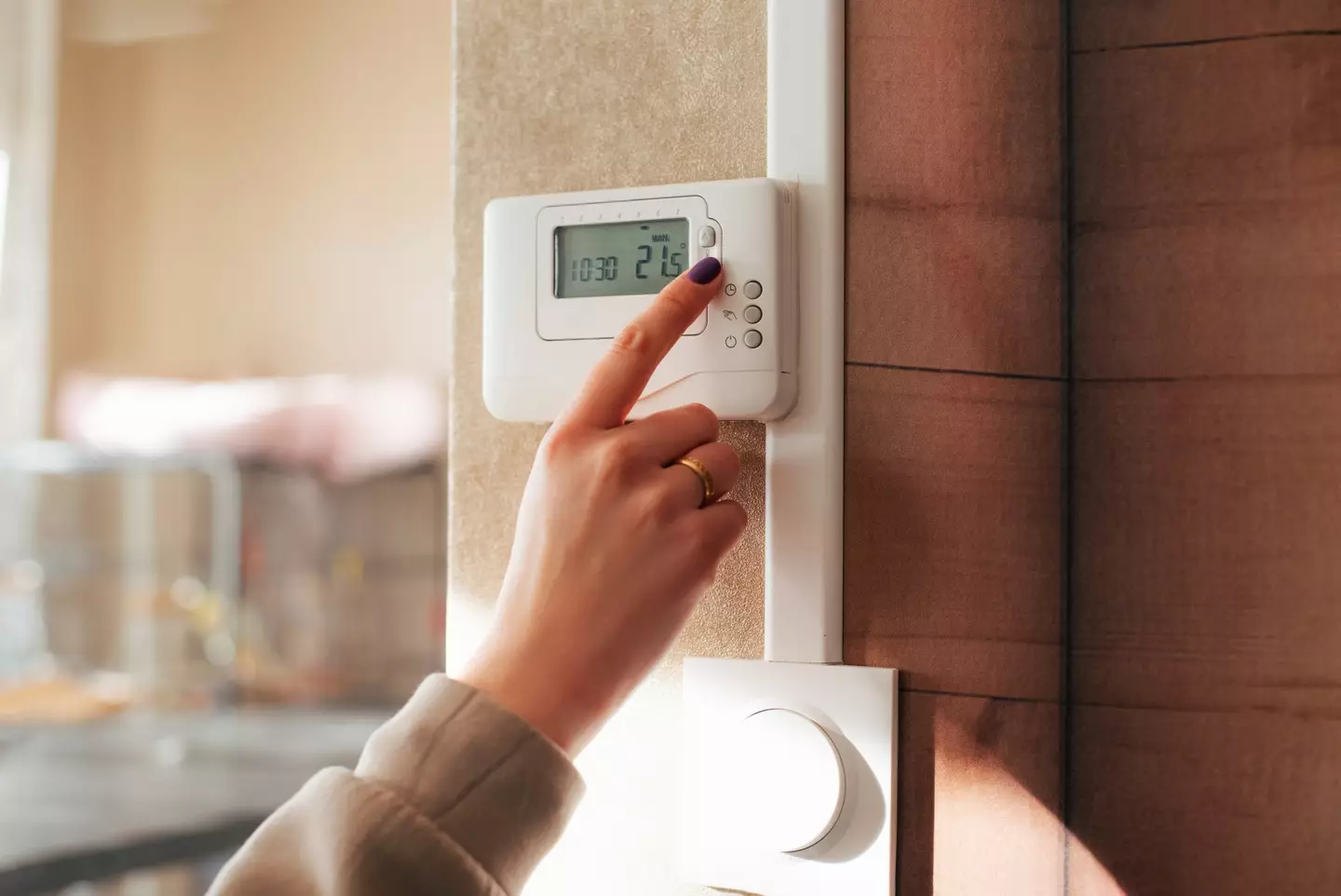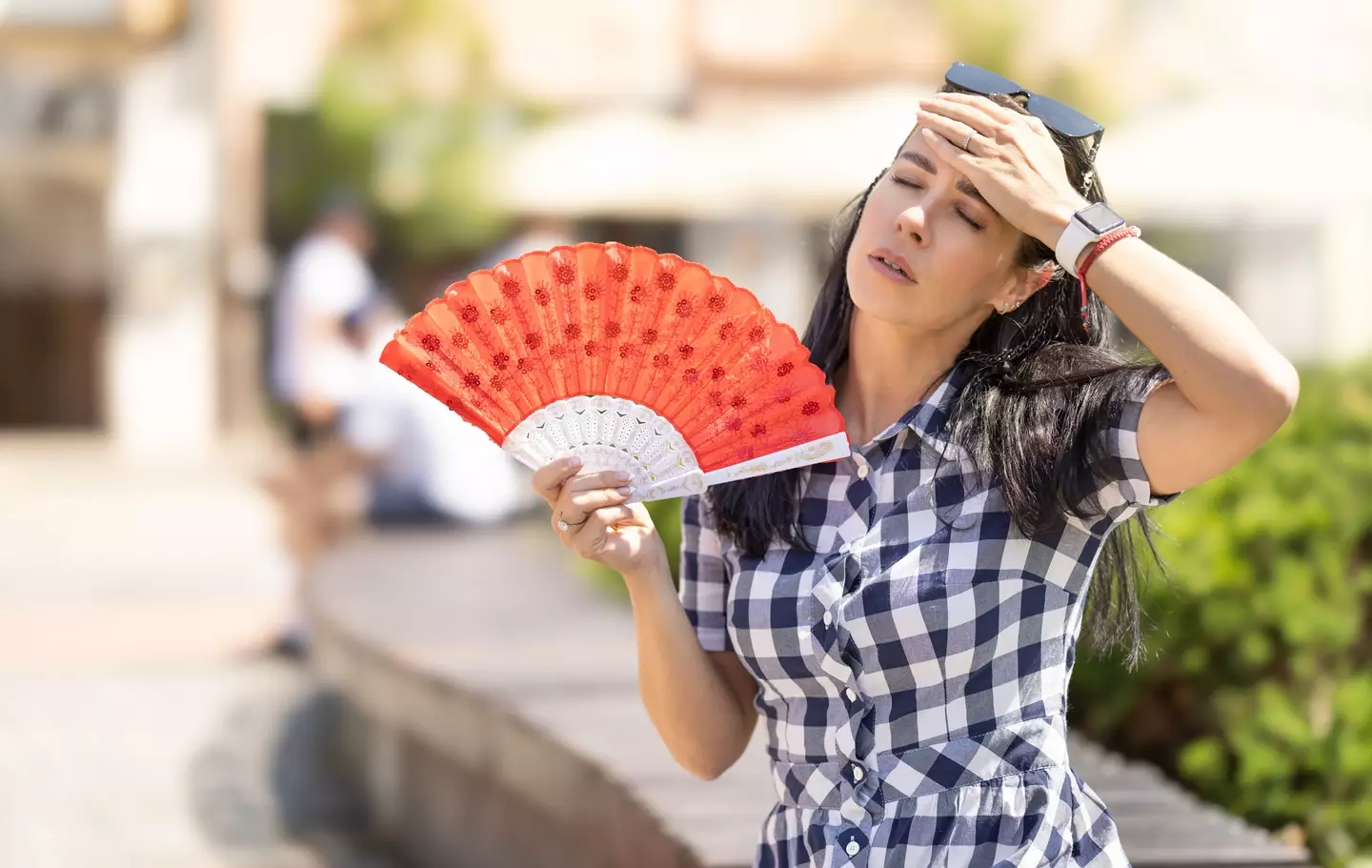
People will be cranking up their air conditioning units as the warmer months roll in, but there's a simple tip you should be following.
In recent days, parts of the US have been hit with heatwave warnings with areas such as Southwest, Mid-South and Plains hitting record-breaking temperatures of late.
According to the National Weather Service (NWS), there have been heat index readings exceeding 110 degrees Fahrenheit (43 Celsius) in some parts of the country.
On Sunday (June 23), more than 100 million people across the US were under heat warnings, Reuters reports.
With the scorching temperatures in mind, many Americans will have been relying heavily on their AC units to keep them cool.
Advert
Understandably some people will have been turning their thermostats to the lowest possible temperature, but it turns out you could just be wasting energy - and therefore money - by doing this.
The best way to avoid this is by following the so-call '20 degree rule', and it's pretty straight forward.

Anthony Cook with Alabama Power has explained exactly what this is and how it can help people prevent their energy bills hiking in price.
Advert
According to Cook, most AC units will only go around 20 degrees cooler than the outside temperature because of the way they're designed.
While you can of course set the temperature lower than this, there's a good chance it won't actually get that cool.
Cook explained to WBRC: "What it’s going to do is it’s going to continue to run in order to try and reach the temperature of where you set it but it really won’t get it beyond that 20 degree mark and so you’re gonna be wasting energy, which in turn wastes money."
Basically, if it's 90 degrees outside, there's not much point setting your thermostat below 70.
Advert

Away from your AC units, Alabama Power has issued some other money-saving tips to keep your energy bills lower this summer.
Cook further advised: "We also recommend off-peak hours for large appliances like washing clothes and washing dishes.
"Doing that after 8pm or before 6am. Those overnight hours will help you use your units efficiently and that helps you save money."
Advert
Other tips from the energy company include running fans to help circulate air coming from the unit; closing the blinds to bring the temperature inside down; changing the air filters in your unit monthly and sealing any drafty areas in the house.